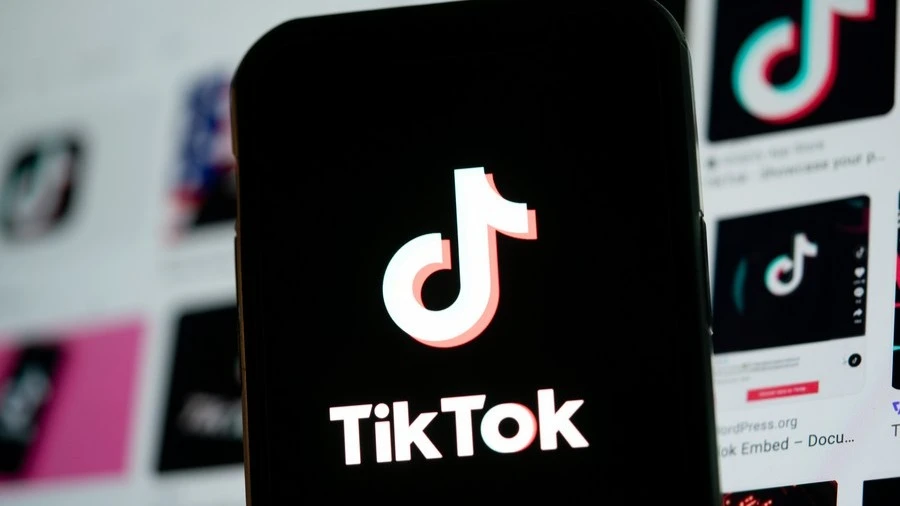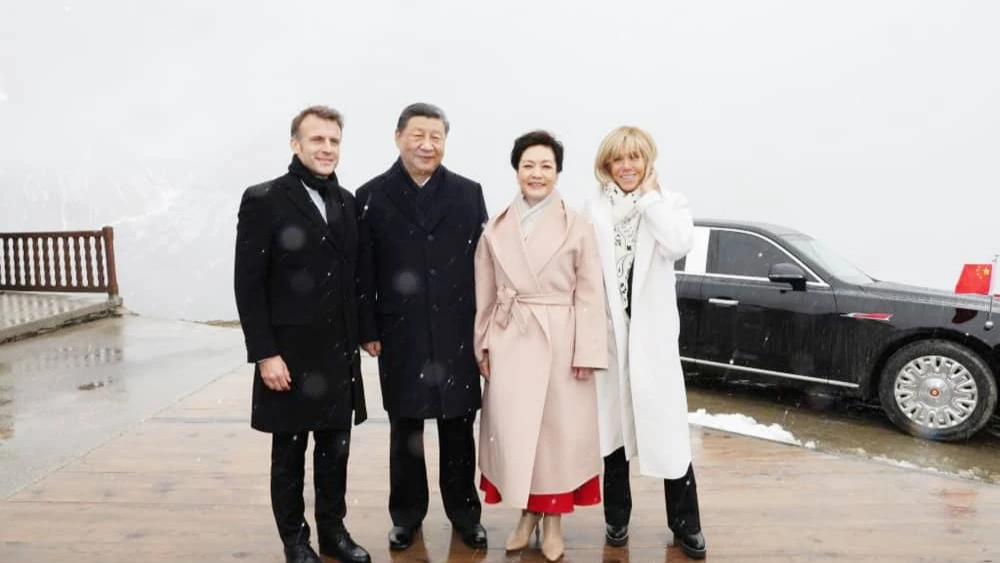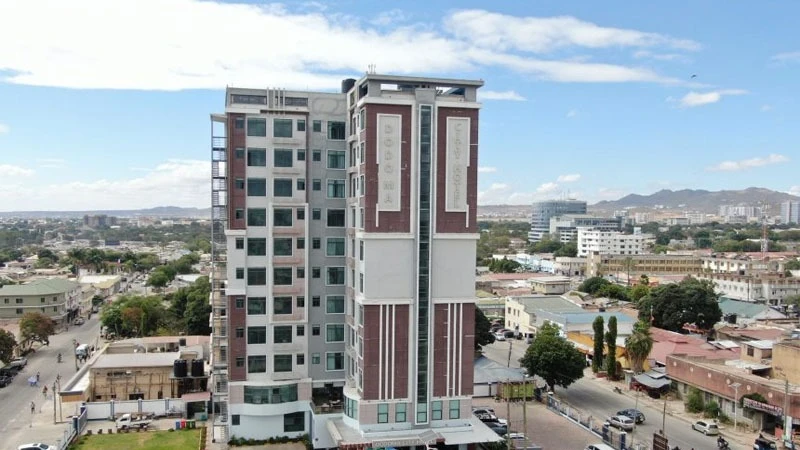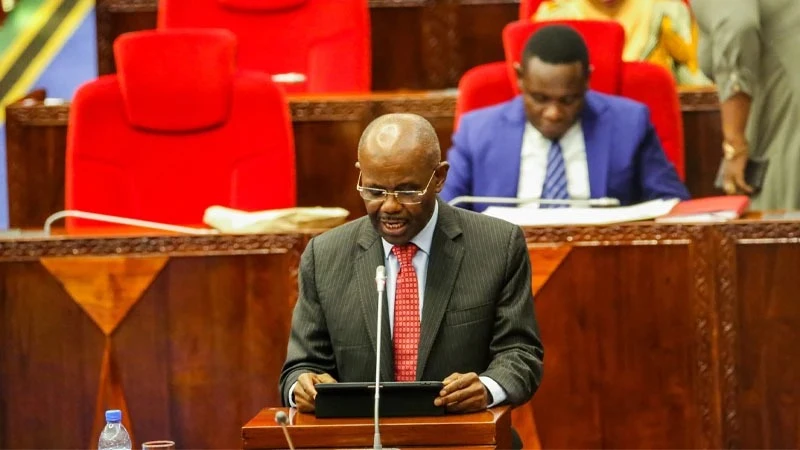NHIF flat rates for public, private facilities ‘too nice’
EVEN as the National Health Insurance Fund (NHIF) management prepares to meet with operators of private health facilities early next week, there is an impression from the quasi-monopoly insurer that there will be no disputes over its new packages.
It expects that a move by private hospitals to retake NHIF card holders while contentious issues are being handled is final, and it doesn’t matter what conclusions will be reached.
This impression was visible in preliminary remarks by top NHIF officials, aware of where the Health ministry – and, presumably, the government generally – stands.
While asserting that the meeting is expected to strike an agreement with private health service providers over fair NHIF cost covering for its beneficiaries, there was a note to the effect that the flat rates for what NHIF categorises as regional referral hospitals includes the private sector.
There were references to seven private hospitals earlier boycotting NHIF card holders having restored the service.
It was apparent that NHIF expects the status quo to be maintained, which would largely imply that private health service providers had no real argument in the first place – quite unlikely the case.
One point that came repeatedly in a top NHIF official’s remarks is that the new package is meant to enable health service providers to serve its members from various economic backgrounds.
The idea that the services will be provided at competitive market prices kept coming up, but that of competition in that sphere reminds one of the competitive cap prices in fuel or sugar.
And it is that the retailer is free to lower the price and capture a bigger chunk of the market! That is outright price control ushered into a different aura of ‘competitive prices’.
In the first place, suggesting that just seven hospitals had problems with the revised NHIF packages comes out as a little easy, what in revolutionary literature comes under the maxim, ‘tell no lies, claim no easy victories’.
The idea that visiting a private health facility would likely involve similar costs to those one would have to bear at public facilities of the same size or installed capacities would be overly sweet.
That would apply for at least one reason, which is that it would rub out the difference.
Ostensibly, this widens access to private hospital care, so the idea is that they will compete by providing ‘customer care,’ quick services.
NHIF says that it will be hosting a consensus meeting this coming Monday (March 11) in the interest of its scheme beneficiaries, rebuffing arguments by several major private hospitals with some cryptic remarks.
Going by an apparent discovery by NHIF, rather than from the Controller and Auditor General’s report, some payments NHIF used to make were grossly overestimated compared to market realities.
That is assuming that it costs the same to see a doctor at a public hospital and an equivalent facility in the private sector, the reason being that the market is the same.
With the fairly visible efforts by the government to build referral hospitals in most regions and equipping them with the best equipment in a continual manner, it is possible that a shade of the difference between public and private hospitals has been erased.
Were that to be the case, the flattening out of rates to go in tandem with hospital capacity (skills, bed numbers) could as well work.
However, if there are really noticeable differences in the level or quality of expected treatment in the two sets of hospitals, there would be a checking mechanism to show who is admitted to private hospitals or can access the service.
Too bad, though, in that regulators could indeed put up flat rates while the market tops that up with bribes.
Chaos in sugar sub-sector is profoundly unfortunate
REPORTS on the ‘mayhem’ induced by the controversial countrywide scarcity of sugar are unfortunate at this time when the country is just getting over with the statutory mourning period for former president Ali Hassan Mwinyi.
Arresting people for selling sugar or any other commodity at higher prices is in a sense self-defeating, as it transfers the burden of serving the people to those running shops instead of law-enforcement agencies. Ordinarily, anyone selling goods at higher than ‘normal’ prices risks losing customers, so price hikes are usually due to scarcity.
Scarcity may be due to low production or due to controls, especially in importing, as otherwise sugar from nearby countries would fill the shops and no one would sell at higher prices.
In that sense, the relevant public authorities know perfectly well the logic of the controls and the consequent pricing.
Letting market forces at will is one option, as eliminating import controls can mitigate “harm” for both traders and consumers.
We are supposed to have joined the Continental African Free Trade Area (CAFTA), but there are fears that the modality is meant for exporting our produce. So, when it comes to importing they bring down the shutters.
Admittedly, traders also gain something when prices are too high, and thus at some point they become the focal point or an expression of what is not going right.
At that point it all depends on someone’s luck: if law enforcers decide to descend on one’s shop the shop operator concerned will have the choice of selling off the goods in question and possibly escape the wrath of the law.
So it is a matter of wisdom, or perhaps guesswork, as to whether one abandons retail trade or takes chances and sells at a particular price.
While there is always going to be an element of law enforcement in all trade as in other economic or social activities, when shortages are prevalent and shop operators are told to sell at indicative prices, there is a problem somewhere.
It is in part this kind of problem that led the ruling CCM to think of having no lesser an authority than the President meet ordinary people for a feel of grievances that people suffer silently for lack of serious attention from other authorities.
Those with several decades under the belt will remember sometime in the early 1980s, when shortages were rampant, then prime minister Edward Sokoine launched an overly energetic campaign against ‘economic saboteurs’.
The idea was that “saboteurs” hide scarce or “scarce” commodities like sugar and edible oil for sale at higher prices by doling them out in shops.
The Sokoine campaign was immensely popular but soon proved hardly effective, with the shortages dying hard, as it were.
The government eventually changed tack, in part by gradually relaxing trade regulations to forestall retail trade collapse.
There were lessons the experience that are still very valid and worth both recalling and learning from.
Top Headlines
© 2024 IPPMEDIA.COM. ALL RIGHTS RESERVED



















